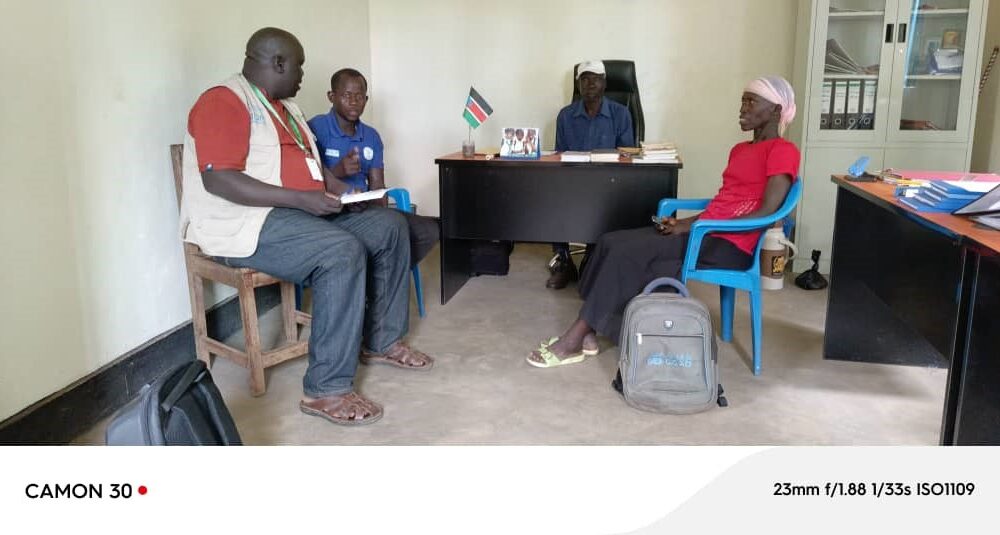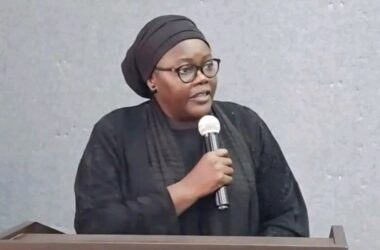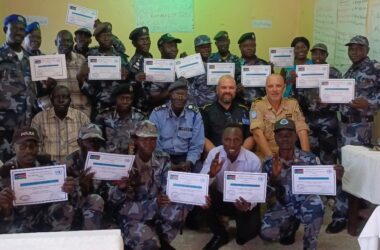By James Innocent
One-day meeting aimed at enhancing community-based peace mechanisms was held in Morobo County of Central Equatoria State.
Supported by Finn Church Aid (FCA) the meeting brought together over ten representatives from various local peace structures in the county.
Participants included members from the Police, religious institutions, women’s and youth representatives, individuals advocating for people with special needs, and local peace committees.
Speaking at the conclusion of the meeting, FCA Project Manager, Slash Moses, highlighted the necessity of robust support for these local peace structures.
He emphasized that strengthening community-based approaches is crucial for promoting inclusive processes and fostering essential dialogue between diverse community groups and local authorities.
Moses underscored the vital role peace structures play in addressing the root causes of conflict, building community resilience, and supporting the peaceful resolution of disputes within Morobo County.
“The essence of supporting peace structures in communities involves creating a network of interconnected institutions, organizations, and mechanisms that can address the root causes of conflict, promote peaceful resolution, and build resilient and inclusive societies in the county of Morobo and some parts of greater Yei,” Moses stated.
Bethels Mawa, a religious leader, applauded FCA for convening the diverse group of peace actors.
“We appreciate the efforts of Finn Church Aid for bringing us together as peace actors, together with the peace committee of Morobo County,” Mawa said. “Because we can intervene whenever there is conflict within the community, and we help them to reconcile through dialogue.”
Ajonye Prosy, the women’s representative for Morobo County, stressed the significant role women play as voices for peace within the community.
She called for increased capacity building to provide women with the necessary knowledge and skills in peacebuilding.
Representing people with special needs, a participant appealed for their greater inclusion in community peace initiatives, highlighting their potential to contribute to awareness creation.
Samuel Buruga, the police representative and a member of the local peace committee, spoke on the collaborative efforts undertaken with peace committees and religious leaders to maintain peace in the community.
He noted that these joint activities are crucial for ensuring stability.
However, Buruga also raised the challenge of mobility, which affects the ability of peace committee members to access certain remote local areas for peace awareness campaigns and advocacy efforts.




